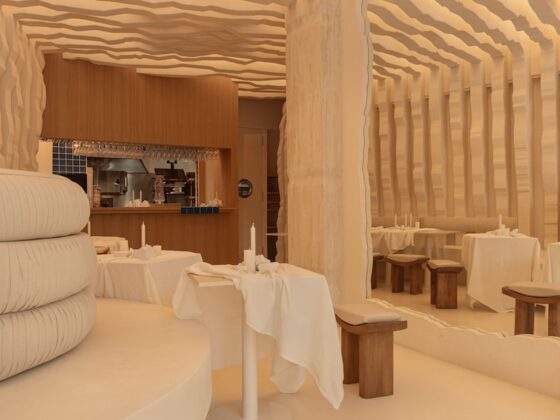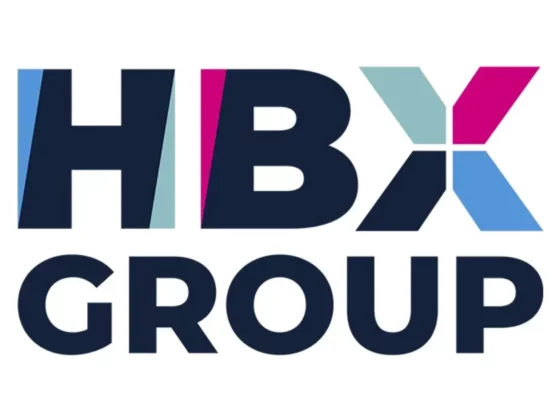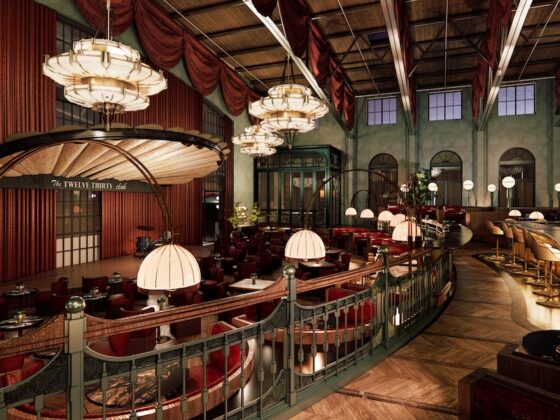
When a traveller books a room on Booking, several rates are available. He may decide to pay the standard, non-cancellable, non-refundable price (NA-NR). If he is undecided, he can choose to pay a higher price which allows him to cancel his reservation for free. However, Booking has developed a new offer, risk-free booking. This option is currently being tested in some hotels in Spain. It is only available for one-night stays. We present you in detail this new feature which could make its entry on the French market.
Table of Contents
What is a risk-free booking?
The strength of Booking is the fact that you can cancel your reservation for free. For this reason, the company has created a new booking option for travellers. Thanks to the risk-free booking, a booking with an NA-NR fare is displayed as being cancellable at no cost to the traveller. If he decides to cancel, Booking undertakes to find another customer to replace him within the same period. If the platform does not find any travellers, then it undertakes to refund the reservation to the hotelier. Thus, the original traveller can freely cancel his or her reservation without impacting the owner of the establishment.
This new program introduced by Booking aims to improve the revenues of an establishment. The amount of the reservation is paid to the establishment regardless of whether the traveller cancels or not. As a result, risk-free booking means that hoteliers do not incur financial losses due to cancellations. At the same time, Booking ensures that using this option allows them to increase their booking volume. The only disadvantage raised by the company is that a delay in payment may occur. In the event that a traveller cancels his or her reservation at the last moment, the amount will be deducted from the hotel owner’s next commission bill.
The consequences for hoteliers
Originally, the NA-NR reservation is the cheapest option when a traveler books a room. However, with this new program, this rate now benefits from a free cancellation. Thus, the traveller is encouraged to choose this option. As a result, NA-NR bookings will increase at the expense of more expensive flexible bookings. This leads to a drop in the average price for hoteliers.
At the same time, risk-free booking jeopardizes the direct bookings of hoteliers. Cancellation conditions will be more flexible on Booking. As a result, the traveller will be prompted to book on the platform. Indeed, he will benefit from the best price to reserve a room.
Furthermore, Booking affirms its commitment to find another customer to replace a traveller who cancels his reservation. However, the platform does not specify whether it will be a similar customer with the same options. This can pose a problem for breakfast stocks, for example. In addition, the price of the room may decrease between the change of travellers. No details are given on the difference in rates. Moreover, with the risk-free booking, the rooms belong to Booking. Thus, in case of cancellation the platform could resell the room at a higher price without informing the hotelier.
The strategies to be put in place
Booking is an indispensable tool for hoteliers. However, one should not depend entirely on the platform. Therefore, owners of accommodation (both B&Bs and hotels) need to implement their own strategy to increase direct bookings. Thus, travellers should be encouraged to book directly on site. Initially, hoteliers could offer more flexible cancellation conditions directly on their site. Then it is necessary for them to have their own booking engine. Amenitiz offers you this solution to include on your website. You can take advantage of a free demonstration of the tool by filling in your details on the form below.
In addition, it should not be forgotten that hoteliers can set a different price on their site and on a reservation platform. Indeed, since the Macron Law (2015), tariff parity clauses in France have been prohibited, as this article shows. By offering a lower price on their website, travellers are more likely to book via the website.
Although safe booking seems to be a satisfactory solution for the hotelier and the traveller, this option leaves some specialists perplexed. Indeed, it has been proven that this new feature leads to a reduction in the average price for the hotelier but also to a reduction in direct bookings. We therefore recommend that hoteliers develop their own strategy. Offering a lower price and integrating a reservation software on the site are solutions to avoid total dependence on reservation platforms.








